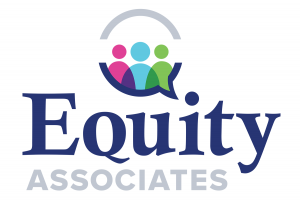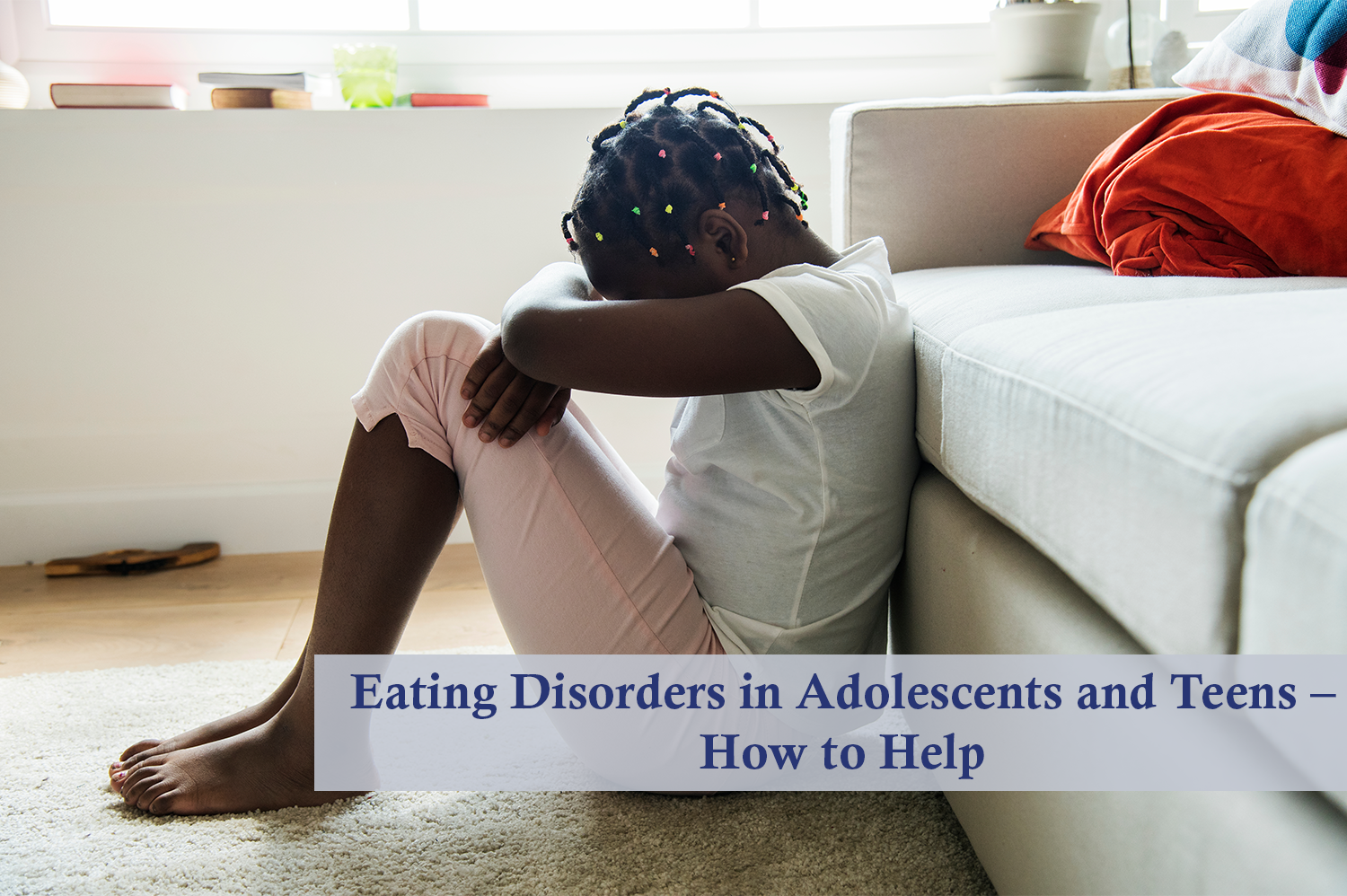Eating disorders are on the rise in adolescents and teens. To protect your child, understand the possible causes, the signs and symptoms, and what to do and not do to help.
What are Eating Disorders?
Eating disorders are serious, complex, and potentially life-threatening mental challenges. They are psychological disorders that involve extreme disturbances in eating behavior. Anorexia nervosa, bulimia nervosa, and binge-eating disorders are a few disorders you may have heard of.
Anorexia nervosa, commonly known as anorexia, is characterized by abnormally low body weight, an intense fear of gaining weight, and a distorted perception of weight. Bulimia nervosa, commonly known as bulimia, is also characterized by a distorted perception of weight but is also characterized by binging or eating large amounts of food with a loss of control over eating, and then purging or trying to get rid of the extra calories in an unhealthy way. Binge-eating disorders will also eat a large amount of food at one time, often feeling out of control, but they do not purge.
Eating disorders are common and increasing in prevalence. And while they may seem more popular in girls, boys deal with these mental health challenges as well. Eating disorders do not discriminate and can occur in people of any weight, size, shape, gender, sexuality, cultural background, or socioeconomic group.
Why they Develop and the Signs You Should Watch Out for
There’s no exact cause of eating disorders. However, certain factors might be involved, including:
- Genetics – People with first-degree relatives, like a sibling or parent with an eating disorder, may be more likely to develop one as well.
- Psychological problems – Psychological and emotional problems, such as depression or anxiety disorders, are closely linked with eating disorders.
- Low self-esteem – A teen may have low self-esteem and be preoccupied with having a thin body.
- Certain activities – Some sports, like ballet, gymnastics, or running, value leanness, and that can play a role in disordered eating as well.
Depending on the type of eating disorder a youth has, signs and symptoms vary. It’s important to be alert for eating patterns and beliefs that might signal unhealthy behavior. Some red flags you should watch out for are:
- Extreme weight change
- Not making expected developmental weight gain
- Skipping meals frequently or constant refusal to eat
- Unhealthy fixation on food
- Unhealthily high interest in exercise
- Increase in dental cavities
- Frequently checking in mirrors for perceived flaws
- Eating abnormally large amounts of food in one sitting
- Heading to the bathroom or disappearing after meals
- Expressing depression or disgust about eating habits
What To Do and Not Do
If you think your adolescent or teen may have an eating disorder, it’s important to look out for the warning signs and try to catch it early. If left untreated, they can lead to serious illness and even death. To address this with your child, here are a few tips on what to do and not do to help.
Get the Conversation Going
Talking with your child is the best place to start. Tell them you’d like to speak with them about something important and that they aren’t in trouble. If you’re nervous to start, consider saying “I feel something is bothering you,” or “I notice you aren’t eating a lot at dinner, is everything alright?” This opens the floor for you to address your concerns. “I” statements are a great way to communicate clearly about your concerns without placing blame, which could make your teen defensive.
Remain Open
If your teen wasn’t willing to chat much or at all on the first attempt, that’s okay. The important thing is to not give up. It may take several tries to get them to open up to you. Remind them you’re always here to talk. Continue to send the message that you love them and want to get them the help they need. It may just take some time for them to receive and accept the message.
Make a Plan and Seek Help
If your teen is receptive to getting help, remind them they’re doing the right thing to better their health, and they aren’t doing this alone. Help make a concrete plan that will be followed through. Cognitive-behavioral therapy is often used to help teens with eating disorder recovery, but medication and medical monitoring might also be needed.
Refrain from Imposing Timetables on Your Child’s Recovery
It’s important to remember that every child with an eating disorder is going to respond differently to the treatment process. Some might respond and achieve treatment goals quickly, and others may require more individual attention and a longer course of treatment. So helping your child focus on treatment goals is fine, but refrain from imposing a recovery deadline. That could cause more stress and set your child up for failure.
Don’t Take Your Child’s Actions Personally
Overcoming an eating disorder requires hard work. Adolescents and teens working through this process may experience anger, anxiety, and frustration. Sometimes, they will take these feelings out on parents and people they love. Talking about eating disorders and getting help for your child isn’t easy, but it’s important. If your child becomes angry or sullen with you, remember they’re going through a difficult time in their lives.

We are always available to provide the support your child needs.
Let Equity Associates Help
Help is always available, and eating disorder recovery is possible by seeking treatment. Equity Associate’s online therapy services can help provide the eating disorder support your child needs. Our therapy services are highly personalized for one’s unique needs, and with our usage of telemental health, those seeking treatment can do so in the comfort of their home. We’re based in Ridgway, Colorado but can help those anywhere in the state. No matter what, we’re always here to support those who need us.






